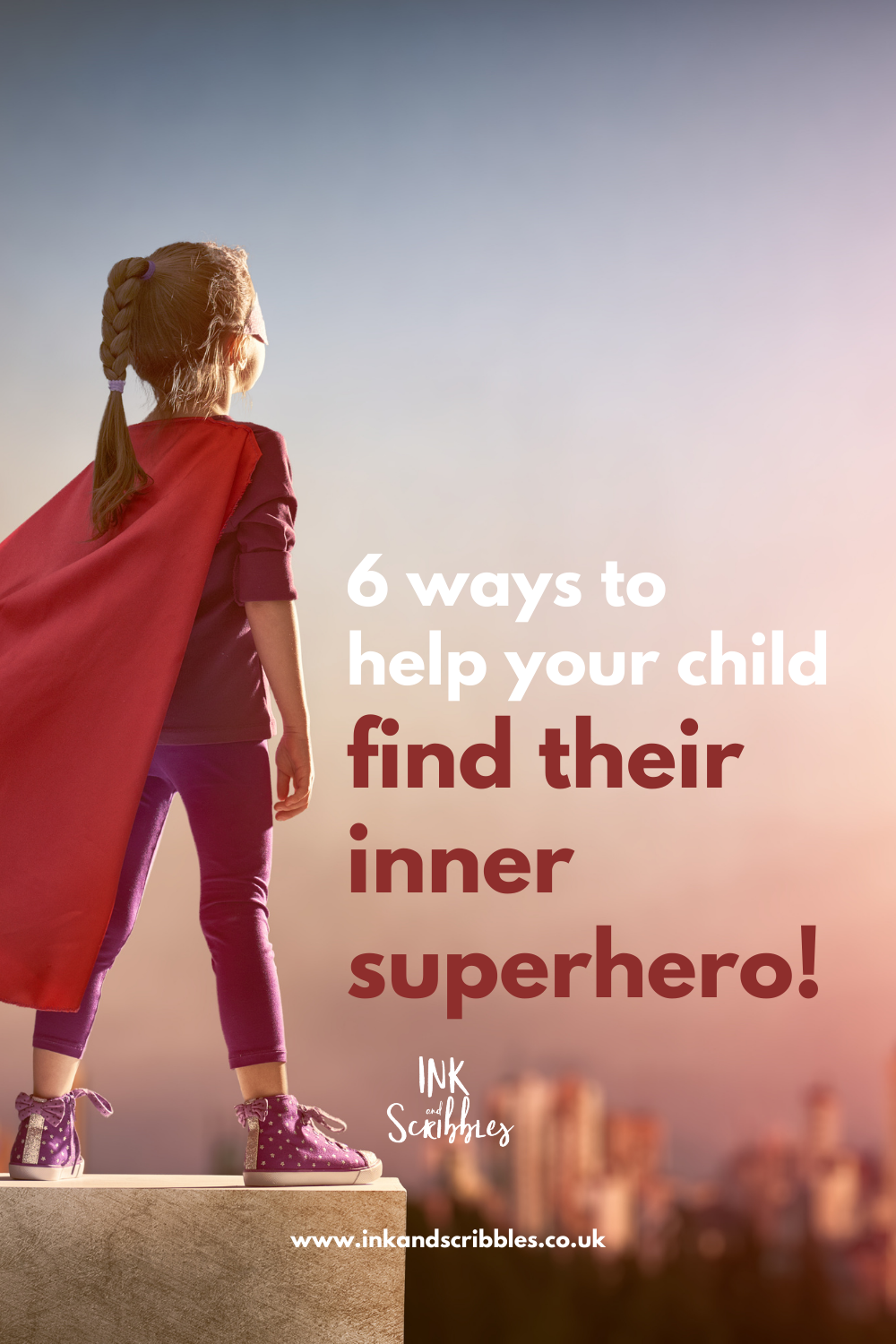We can help our children discover their inner superpowers and see themselves in a positive light. There's a few things that every superhero has: resilience, acceptance of self, a passion or purpose and growth mindset. Here's 6 easy to implement ways you can support your child to find their power within:
Enjoy the confidence you see your child find, when you guide them to discover to their inner powers. Ruth BusseyInk and Scribbles Founder
0 Comments
Leave a Reply. |
Categories
All
Archives
April 2024
AuthorHey! I'm the founder, creator and voice of Ink and Scribbles. Sharing thoughts on child well-being and parenting that are based on my teaching and parenting experience, and NLP learning. |


 RSS Feed
RSS Feed